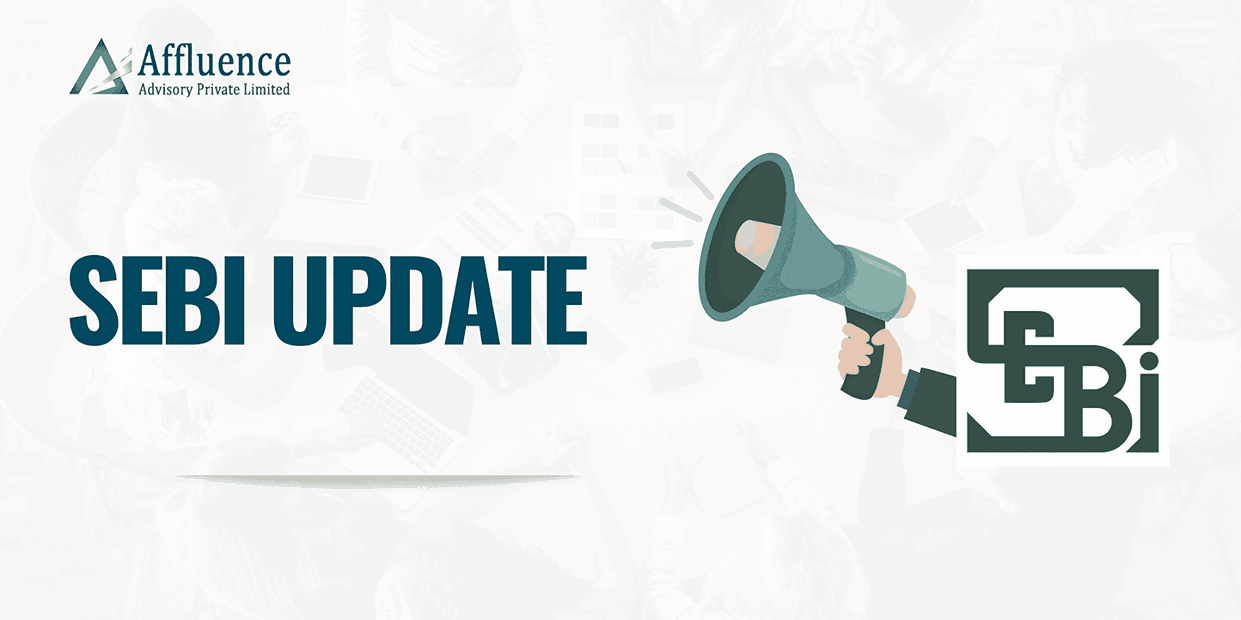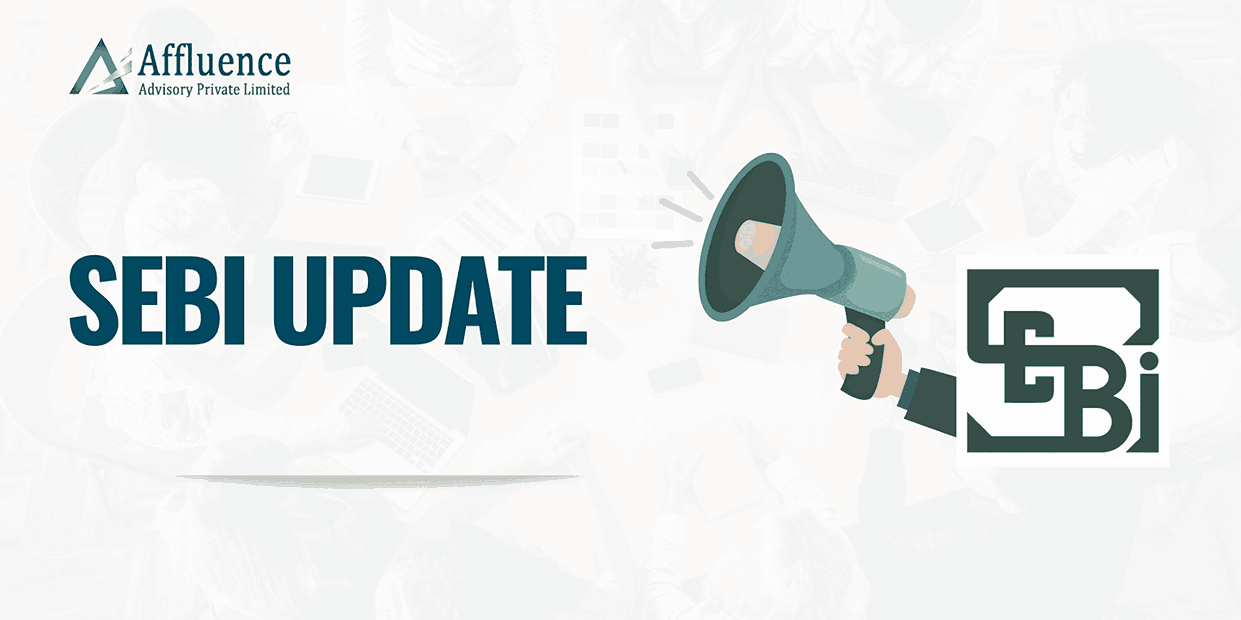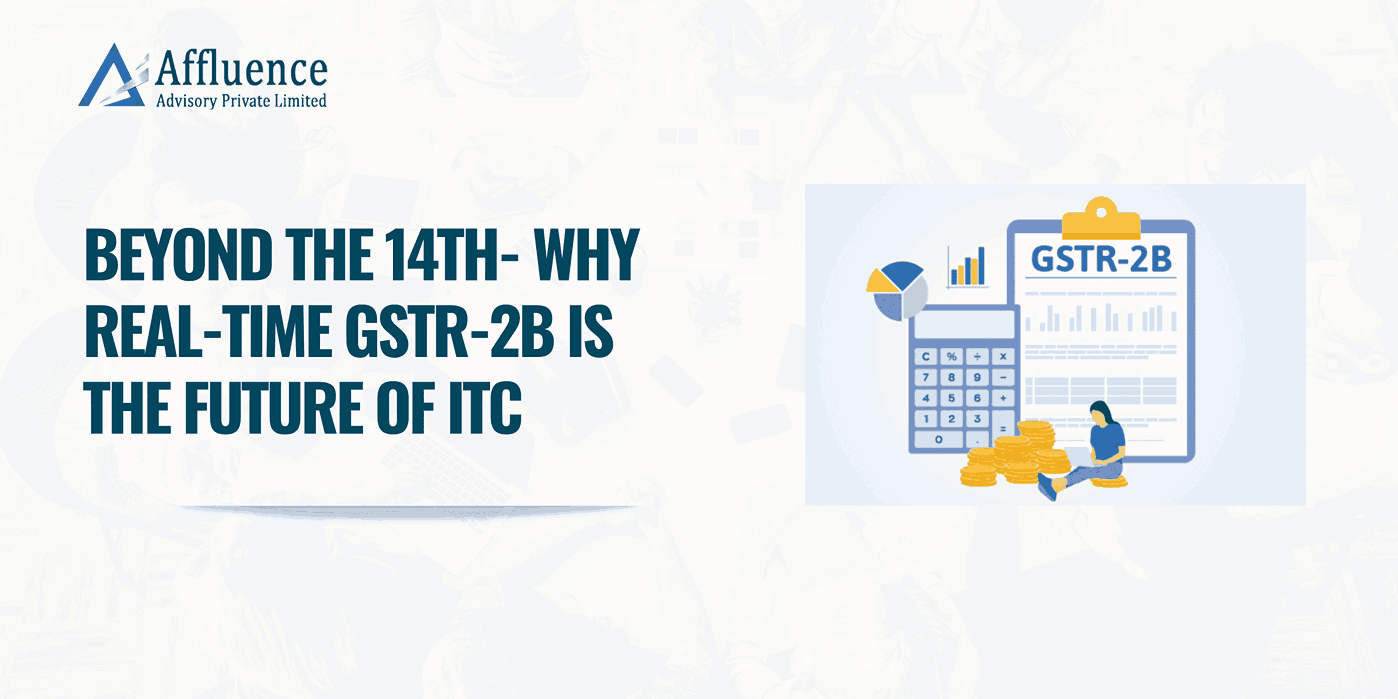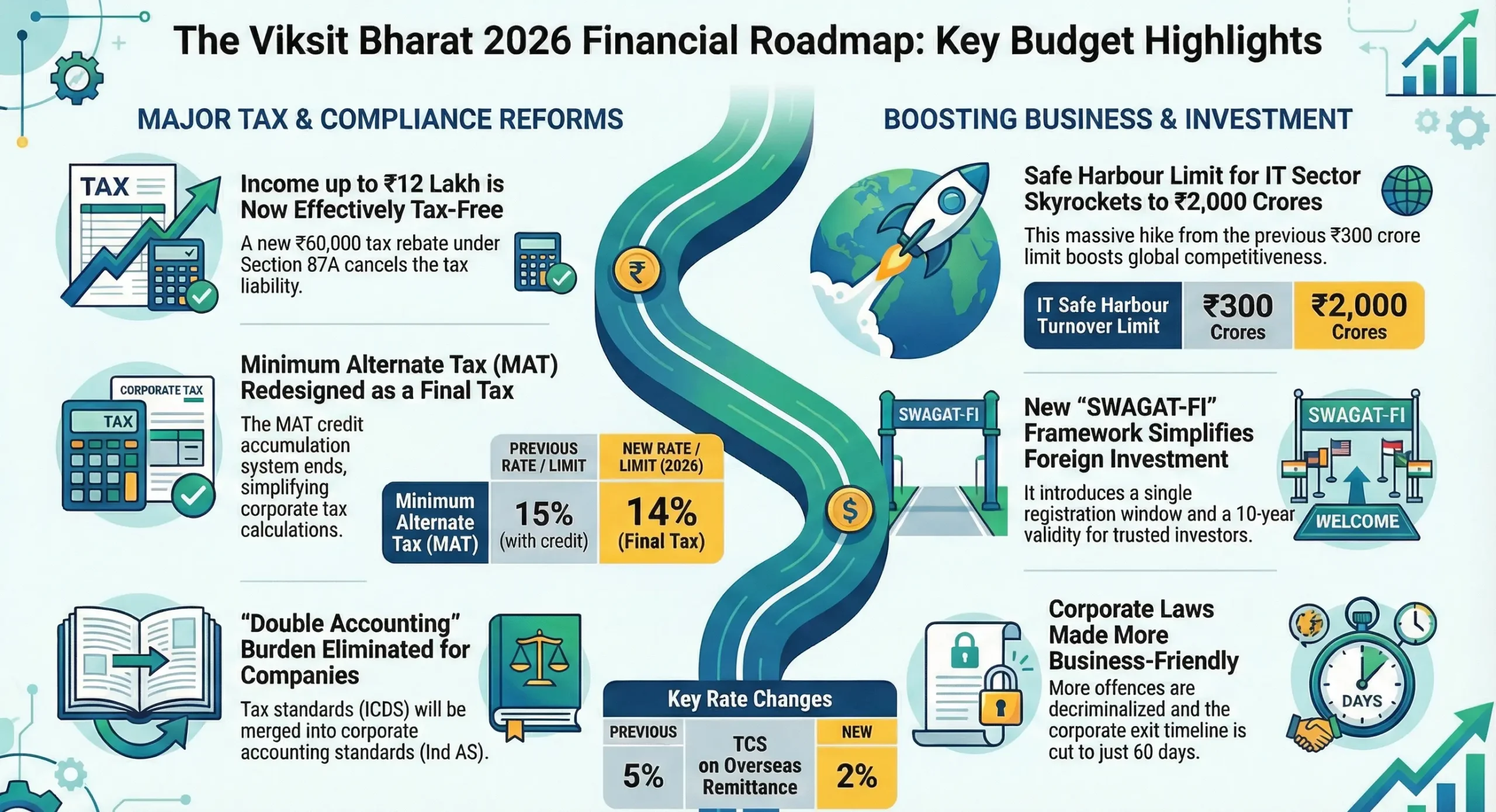In India, the financial year (FY) runs from 1 April to 31 March of the following year unlike a regular calendar year i.e., 1 January to 31 December. As the financial year closes, taxpayers would need to ensure that their books of accounts, pay slips, bank statements and other important documents are in place such that the details are available at the time of audit and filing the return of income.
A taxpayer is required to file their return of income for the income earned during a FY or previous year, in the Assessment year (AY). Simply put, income earned for the period 1 April 2023 to 31 March 2024 (FY or previous year), will need to be disclosed in the return of income which is to be filed on or before 31 July 2024, 31 October 2024, or 30 November 2024 as applicable in case of each taxpayer.
While filing the return of income, a taxpayer must be aware of certain provisions under the Income-tax law which allows them to choose between different tax regimes. Lately, a lot of confusion has sparked on various internet platforms regarding the tax changes for the financial year (FY) 2024-25. However, the Ministry of Finance has put that to rest by putting out a clarification vide its Twitter handle[i] that there are no changes on the tax rates as on 01.04.2024.
Tax rates applicable to taxpayers filing their return of income under the old regime:
|
Total Income |
Tax rates |
|
Up to Rs. 2,50,000 |
0% |
|
From Rs. 2,50,001 to Rs. 5,00,000 |
5% |
|
From Rs. 5,00,001 to Rs. 10,00,000 |
20% |
|
Above Rs. 10,00,000 |
30% |
*these are subject to applicable surcharge and cess
Here it would be pertinent to note that there is a difference in the basic exemption limit in the old regime. In case of an individual whose total income does not exceed the basic exemption limit in a financial year, then such an individual’s income is exempted from tax.
The basic exemption limit for an individual depends on their age i.e., for individuals under 60 years of age, Rs 2.5 lakh in a financial year is exempt from tax.
For senior citizens aged between 60 and 80 years, Rs 3 lakh is exempt from tax and for super senior citizens who are aged 80 years and above, income up to Rs 5 lakh is exempt from tax. A salaried taxpayer can claim a deduction up to Rs 50,000. Further, deductions under Chapter VIA of the Act contains various sub-sections of section 80 that allow the taxpayers to reduce their tax liability by claiming deductions that they are eligible for. These deductions are available for a variety of tax-saving investments, eligible expenditures, charitable donations, and more.
A taxpayer is also eligible for rebate under Section 87A of the Act. A resident individual paying tax under old tax regime for the financial year 2023-24 and having a total taxable income of less than Rs 5 Lakh, for such individuals the rebate shall be lower of the following:
- An amount equal to the amount of income tax payable on his total income or
- An amount of Rs 12,500
Tax rates applicable to taxpayers filing their return of income under the New regime:
Section 115BAC deals with tax on income of Individuals and Hindu undivided family. Sub-section (1A) of the Act inserted vide Finance Act, 2023 has been reproduced below:
Notwithstanding anything contained in this Act but subject to the provisions of this Chapter, the income-tax payable in respect of the total income of a person, being an individual or Hindu undivided family or association of persons (other than a co-operative society), or body of individuals, whether incorporated or not, or an artificial juridical person referred to in sub-clause (vii) of clause (31) of section 2, other than a person who has exercised an option under sub-section (6), for any previous year relevant to the assessment year beginning on or after the 1st day of April, 2024, shall be computed at the rate of tax given in the following Table, namely:—
|
Total Income |
Tax rates |
|
Up to Rs. 3,00,000 |
Nil |
|
From Rs. 3,00,001 to Rs. 6,00,000 |
5 |
|
From Rs. 6,00,001 to Rs. 9,00,000 |
10 |
|
From Rs. 9,00,001 to Rs. 12,00,000 |
15 |
|
From Rs. 12,00,001 to Rs. 15,00,000 |
20 |
|
Above Rs. 15,00,001 |
30 |
*these are subject to applicable surcharge and cess
Also Read: Remission and Extinguishment of Tax Demand
Unlike the old regime, where various deductions were available to the taxpayers before arriving at the gross total income, under the new regime, the total income of the individual or Hindu undivided family shall be computed without any exemption or deduction under various sections such as Section 10, 10AA, 16, 32, 80 etc. Further, under the new regime setting off of certain losses and claiming of depreciation is not allowed.
However, a taxpayer may claim deductions under sub-section (2) of section 80CCD or sub-section (2) of section 80CCH or section 80JJAA.
Separately, in the 2023 budget was amended to allow the taxpayer under the new regime to claim a standard deduction of Rs 50,000.
In case of a salaried taxpayer, they may choose to file the return of income under the old regime if the old regime is more beneficial to them. Currently, the new regime is in default mode at the beginning of a FY. Once the employee chooses to opt for the old regime, they may intimate the same to their employer such that the taxes are being deducted as per the rates prescribed under the old regime. While the employee cannot change their choice anytime during a financial year, they employee can choose between the regimes when filing the income tax return.
A non-salaried taxpayer has to choose the new regime when filing the tax return. They need not declare or intimate their choice to anyone during the year. However, a non-salaried taxpayer (taxpayers with an income from business or profession) cannot opt-in and opt-out of the new tax regime every year. Once a non-salaried opts out of the new tax regime, they cannot opt-in again for the new tax regime in the future.
Our Comments:
As we approach the return filing for FY 2023-24, it would be pertinent for the taxpayer to reach out their tax advisors and ensure that the regime more beneficial to them is opted. While at the outset, the regimes may look simple and straightforward, there are lot of nuances that needs to be looked through while filing the return.
It would be prudent for the taxpayers to consult with their tax advisors and plan the current year i.e., FY 2024-25 right from the beginning by comparing both the regimes and doing an in-depth analysis of Section 115BAC to understand what all deductions are there for Individuals and businesses opting to pay taxes under such regime.
[i] https://twitter.com/FinMinIndia/status/1774504330499879372?ref_src=twsrc%5Egoogle%7Ctwcamp%5Eserp%7Ctwgr%5Etweet
Disclaimer: This article provides general information existing at the time of preparation and we take no responsibility to update it with the subsequent changes in the law. The article is intended as a news update and Affluence Advisory neither assumes nor accepts any responsibility for any loss arising to any person acting or refraining from acting as a result of any material contained in this article. It is recommended that professional advice be taken based on specific facts and circumstances. This article does not substitute the need to refer to the original pronouncement
CLICK HERE DOWNLOAD PDF








